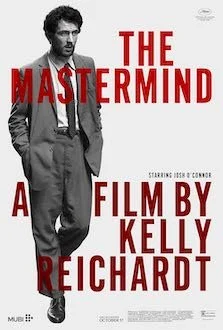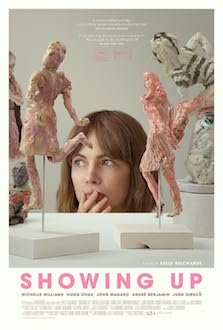Direction: Kelly Reichardt
Country: USA
Directed by the acclaimed Kelly Reichardt (Certain Women, 2016; Showing Up, 2022), whose approach often feels refreshingly removed from convention, The Mastermind is a charming, atmospheric crime thriller infused with subtle humor. Set in Massachusetts in 1970, the story casts Josh O’Connor as an indolent family man turned naive art thief on the run.
Airily layered, the film burns quietly but steadily, exuding a poignant, dark, Robert Altman–esque sensibility. It greatly benefits from Rob Mazurek’s outstanding jazz score—he doubles on piano and trumpet, complemented by tasteful solo drum figures and shimmering cymbal work—and from the gorgeous ’70s texture captured by cinematographer Christopher Blauvelt, who collaborates with Reichardt here for the sixth time.
The director’s simple, patient, and direct approach once again proves fruitful, resulting in another subtle yet assured film that largely succeeds through the natural, unforced presence of its lead performance.
Simmering without boiling, The Mastermind peels off the surfaces of old-school heist genre, smartly avoiding commonplace, complacency, and demagogy to achieve something truly moody and dusky. While the character's psychology is intriguing, the story and context are subtlety anchored in consistency, rigor, and a deliberate rhythm that catches, almost without words, the sensation of someone who, once lost, seems condemned to the unfathomable pain of permanent solitude. The unforeseeable finale is strikingly ironic in both tone and perspective.
With aesthetics perfectly attuned to its subject, this is another authentic-feeling narrative that further enriches Reichardt’s singular filmography.








